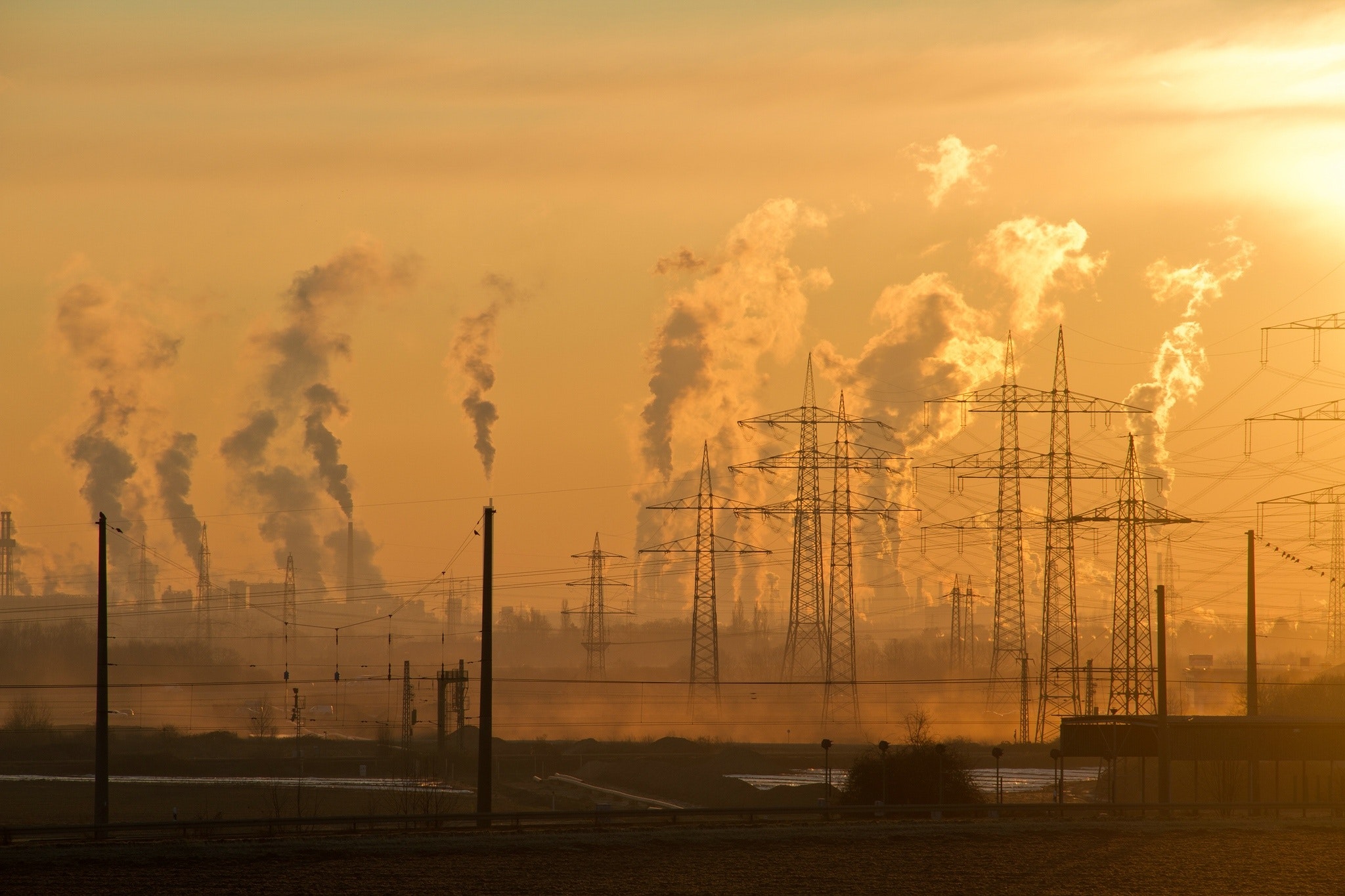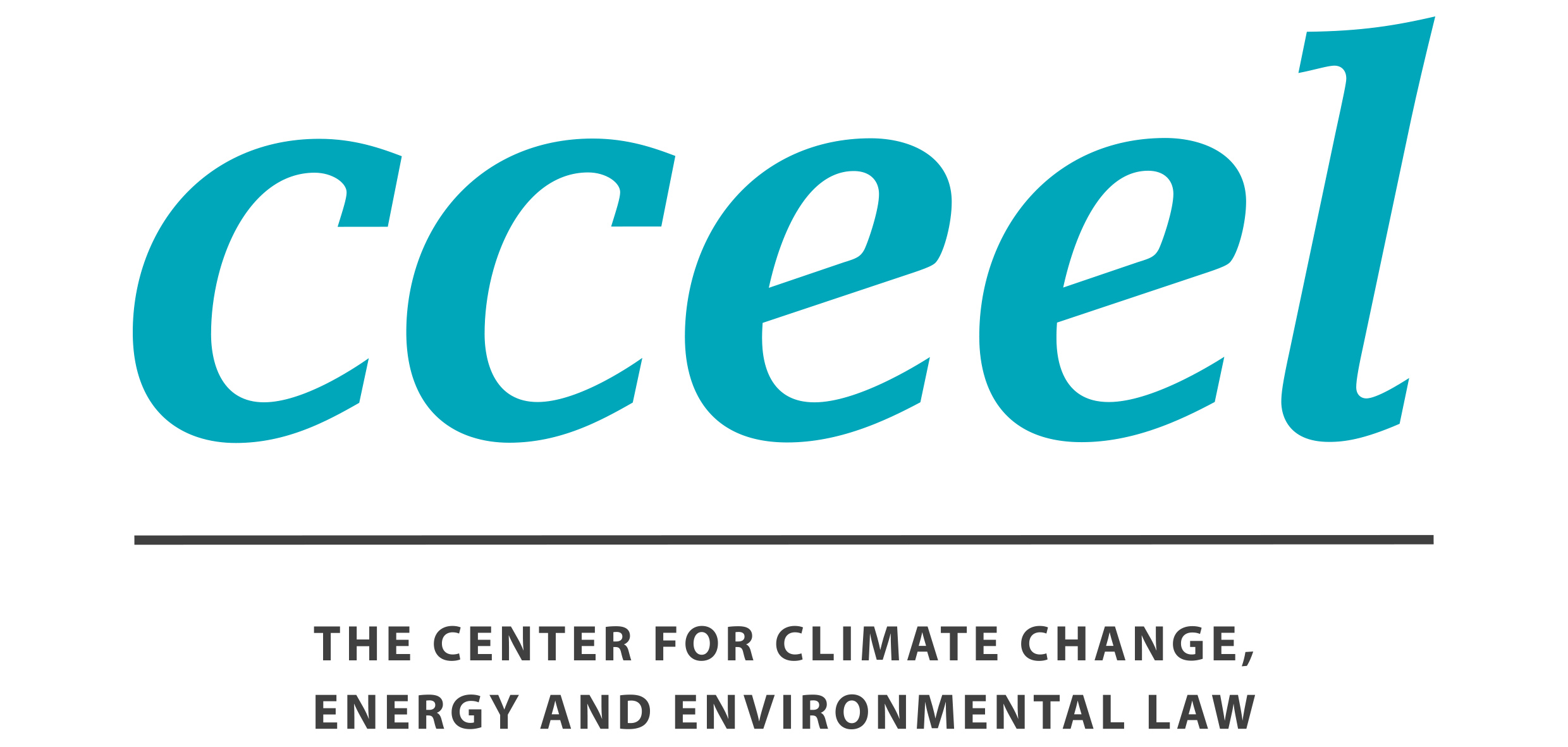
Keeping fossil fuels in the ground: From slogan to legal obligation?
By Harro Van Asselt. First published in the University of Oslo, Blogging for Sustainability on 31 May 2021. Photo by Liam Briese on Unsplash. Last week’s ruling by the Hague District Court in the Netherlands ordering the oil and gas company Royal Dutch Shell – the parent company of the broader Shell group – to reduce its […]

Shell-shocked: a watershed moment for climate litigation against fossil fuel companies
Harro van Asselt, Kati Kulovesi, Mikko Rajavuori and Annalisa Savaresi. Photo by Marc Rentschler on Unsplash. The Netherlands is no longer known just for its tulips, windmills and bicycles. Its latest export product is climate change litigation. Following 1.5 years after the Dutch Supreme Court in Urgenda decided that the Dutch government should step up its emission reduction […]

Hollantilainen tuomioistuin käytti Pariisin ilmastosopimusta tärkeänä mittarina arvioidessaan Shellin vastuuta ilmastonmuutoksen torjumisesta
Kati Kulovesi ja Mikko Rajavuori. *Photo from Pexels. ‘Ennen Hollanti tunnettiin tulppaaneista ja tuulimyllyistä, nyt se tunnetaan ilmasto-oikeudenkäynneistä,’ totesi kollegamme, Itä-Suomen yliopiston ilmasto-oikeuden ja politiikan professori Harro van Asselt pari vuotta sitten Urgenda-tapauksen yhteydessä. Tässä kuuluisassa, korkeimpaan oikeuteen asti edenneessä oikeudenkäynnissä tuomioistuin määräsi Hollannin hallituksen kiristämään päästövähennystoimiaan. Uraauurtavien hollantilaisten ilmasto-oikeudenkäyntien trendi sai jatkoa toukokuussa 2021, […]

Sustainable energy democracy: What is it and why does it matter?
By Kaisa Huhta, Senior Lecturer in EU law at the CCEEL Photo by Flash Dantz on Unsplash Sustainable energy democracy is a concept that has been used to understand new citizen-centred phenomena emerging in the energy transition. This blog post briefly explores the concept of sustainable energy democracy from a legal perspective, based on a […]

Sámi Council resistance to a solar radiation management experiment highlights the complex questions surrounding climate geoengineering and consent
By Aaron Cooper. Aaron Cooper is a PhD researcher in Law at the CCEEL of the University of Eastern Finland, and lecturer in Law at Coventry University. This blog post is based on an original analysis piece posted on the Arctic Institute website. Photo by Timo Horstschaefer on Unsplash In a recent Reddit ‘Ask Me […]

Will the new EU taxonomy bring stricter ecological requirements for hydropower?
By Suvi-Tuuli Puharinen & Antti Belinskij. Puharinen is a PhD researcher and Belinskij is Professor of Environmental Law at the Center for Climate Change, Energy and Environmental Law of the University of Eastern Finland. Both contribute to the SUSHYDRO -project financed by the Academy of Finland. This blog post is based on the Finnish language […]

Taking stock of EU climate governance: key challenges
By Sebastian Oberthür. Photo by Giovanni Bianchi on Unsplash. EU climate governance has made significant progress over the past years, including an acceleration under the European Commission’s European Green Deal launched in 2019. Nevertheless, the European Union still has a long way to go to realise the climate and sustainability transition, which will require perseverance […]

Opening the black box of transparency in multilateral climate governance
by Harro van Asselt and Ellycia Harrould-Kolieb. Photo by Nuno Silva on Unsplash. Transparency has become a buzzword of the 21st century, including in the context of global governance. International regimes governing a wide array of societal challenges, from arms control to trade, and human rights to the environment, have created formal and informal processes […]

Using the Paris Agreement to strengthen action on methane
by Veera Pekkarinen. This article was first published in IISD/SDG Knowledge Hub on 13 January 2021. Photo by veeterzy on Unsplash. Methane can be characterized as a “super-pollutant”. While it stays in the atmosphere only for 12 years, it is up to 86 times more powerful in warming the climate in the short term than the most […]
